Can Wisconsin employers mandate the COVID-19 vaccine?

Can Wisconsin employers mandate the COVID-19 vaccine?
Employers and states have a history of mandating vaccines, but will it be mandated in Wisconsin and/or the private sector?
MILWAUKEE - It will likely be several months until the coronavirus vaccine is widely available. When that time comes, can employers mandate it? Attorneys tell Contact 6 that historically, the answer has been “yes.” However, they say the Pfizer vaccine may bring some added legal risk.
Sean Scullen, a partner at Quarles and Brady in Milwaukee, says employers are typically within their rights to require employees to get a vaccine. Exemptions must be provided for people with legitimate religious objections or a health issue related to a disability.
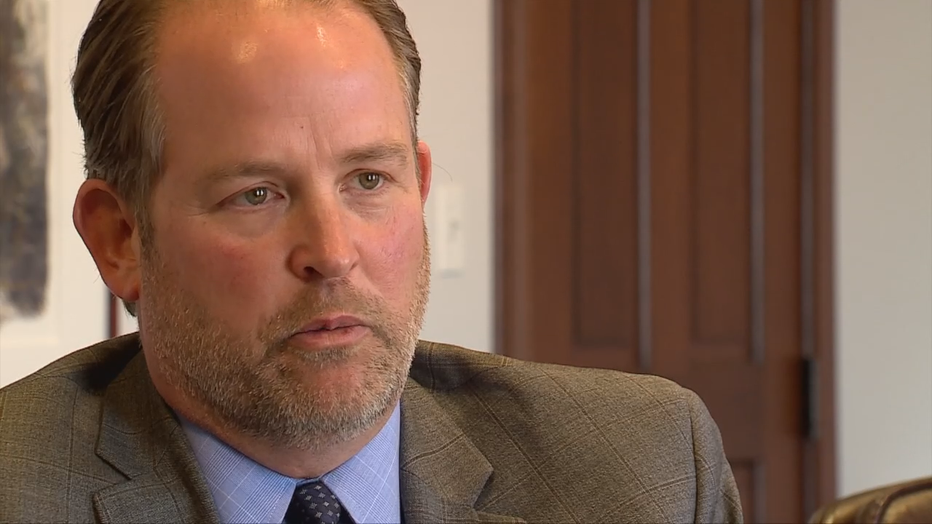
Sean Scullen
“The exceptions may not be as broad as people think,” said Scullen. “It’s not just your moral objection.”
Employers have a history of requiring vaccines, including those in emergency response and working for health care entities.
“I think the big question we don't know is how many employers will be mandating, versus strongly encouraging it?” said Scullen.
FREE DOWNLOAD: Get breaking news alerts in the FOX6 News app for iOS or Android
States also have a history of mandating vaccines, according to University of Wisconsin-Milwaukee Assistant Professor Barbara Zabawa, who practiced law for 20 years.
“The 10th Amendment of the Constitution gives states the power to basically regulate and protect the health and welfare of its members,” Zabawa told Contact 6.
But will Wisconsin mandate the vaccine? That seems unlikely.
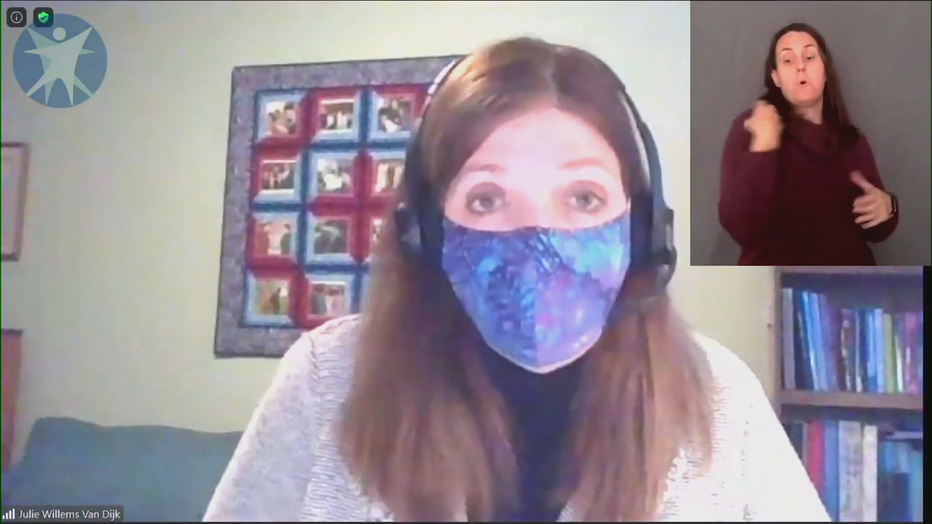
Julie Willems Van Dijk
“I can assure you the state has no intention of mandating the vaccine," said Wisconsin Department of Health Services Deputy Secretary Julie Willems Van Dijk at a press briefing Monday, Dec. 14. "What private employers do will be up to each employer."
So far, getting the vaccine is optional. However, at a recent meeting of the State Disaster Medical Advisory Committee, it was said that some health care providers are interested in mandates. The level of interest among Milwaukee-area hospitals is unclear.
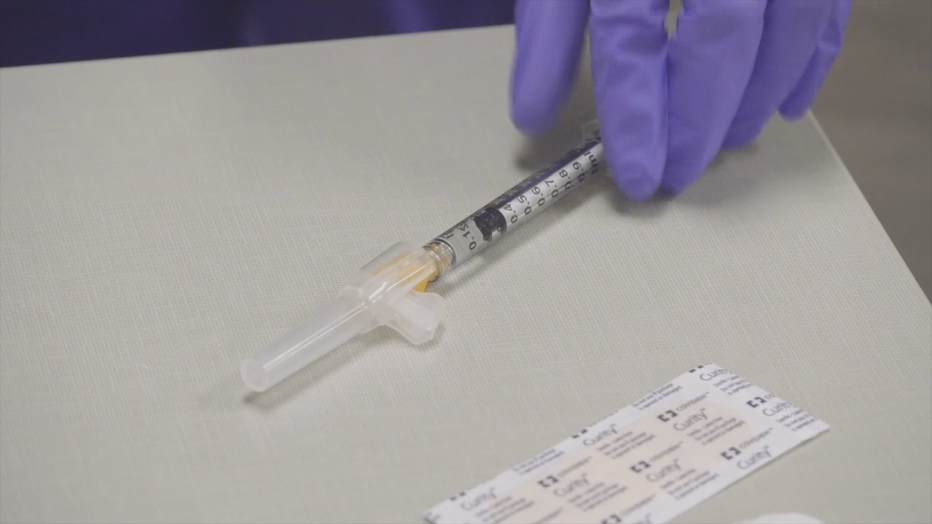
Froedtert and the Medical College of Wisconsin issued this statement to Contact 6:
"Froedtert & MCW health network is actively working with state officials to help make decisions about distribution of a COVID-19 vaccine. When the vaccine becomes available, we expect to receive a limited quantity and to follow a prioritized distribution plan.
"We, in conjunction with our peer health care providers, have experience in managing serious infectious diseases, pandemics, vaccine distribution and are trained and prepared. We will continue to work and collaborate with national, regional and local health care organizations to help manage the health care needs of our patients, staff and community.
"At this time, we do not expect we will require staff, physicians or APPs to get the COVID-19 vaccine.
"Regarding the flu vaccine, Froedtert & Medical College of Wisconsin health network requires all employees to be vaccinated against influenza on an annual basis, unless granted an exemption."
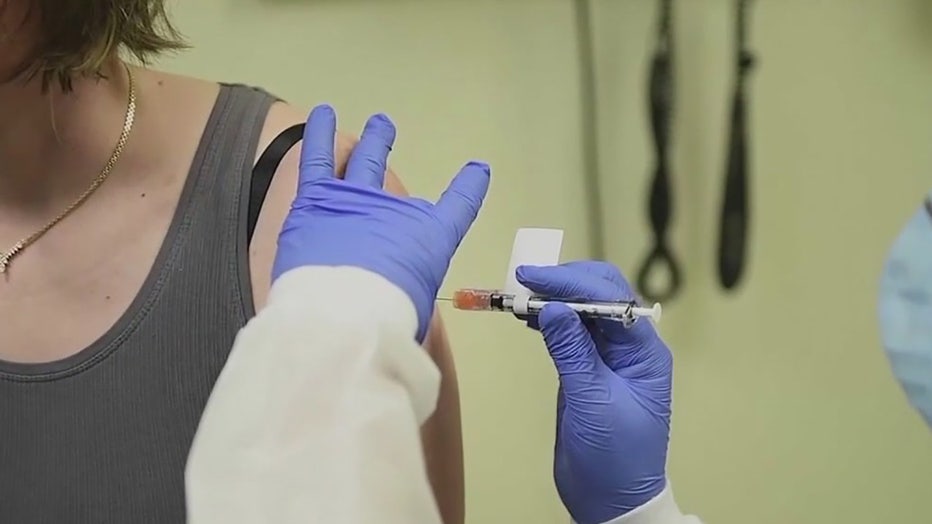
Another industry closing watching the vaccine’s rollout is hospitality, which has suffered greatly during the pandemic. The Wisconsin Hotel and Lodging Association (WH&LA) says vaccine requirements are being discussed among some of its members.
“People trying to keep themselves safe and their members safe,” said Bill Elliott, president of WH&LA.
Elliot says his association is advising members with questions that imposing a mandate is the decision of the individual business.
“Employers can certainly ask their employees to get vaccinated,” Elliot added.
However, vaccines required by employers in the past were well-established. The Pfizer vaccine is not, which is informing decisions being made at the Milwaukee Fire Department.
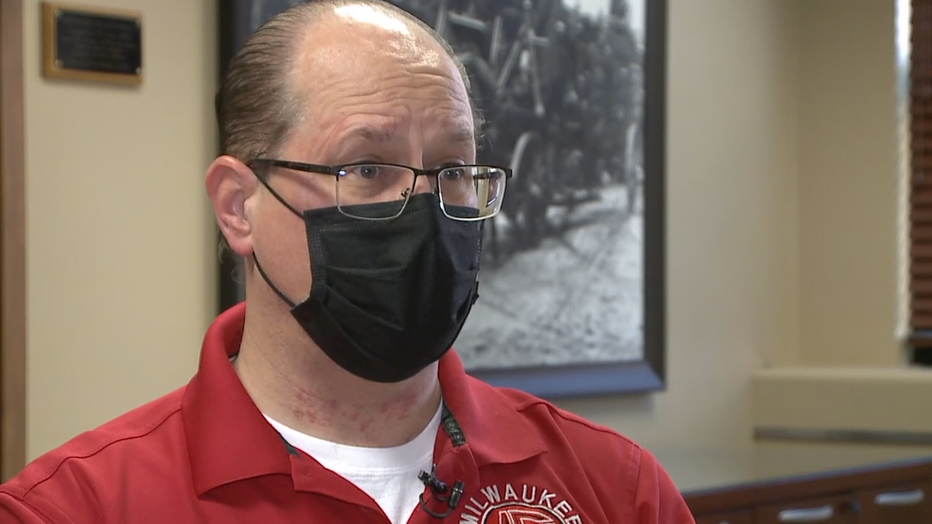
Aaron Lipski
Acting Fire Chief Aaron Lipski says he wants his members to get the coronavirus vaccine. He expects they will be among the first to qualify, as they work on the pandemic’s frontlines.
“The desire to mandate it is out of an abundance of caution,” said Lipski.
However, Lipski says they will not be requiring employees to get the vaccine. He says that will remain the case while the Pfizer vaccine is under Emergency Use Authorization.
“It is not legal for us to require this of our employees,” said Lipski.
According to the FDA, the Pfizer vaccine is technically still an investigational drug. Without full approval, Lipski says all he can do is strongly encourage his members to get it.
“Strongly suggesting, 'Hey, this is a good thing,'” said Lipski.
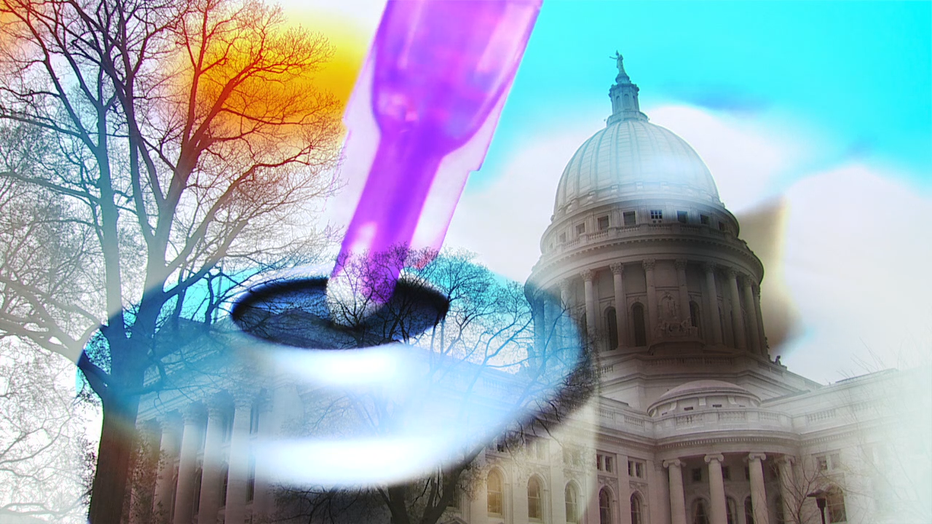
Scullen told Contact 6 it’s possible the private sector will have more authority to impose mandates than the public sector. He still believes private-sector employers can legally mandate the vaccine if they choose, but he doesn’t think most will initially.
Under the Emergency Use Authorization, recipients must be informed it’s their choice to get the vaccine, but Scullen says that doesn’t mean an employer can’t mandate it to return to work. Still, he thinks an employer could face some added legal risk by requiring this particular vaccine.
Zabawa told Contact 6 she believes employees with health concerns about the vaccine could validly raise them in refusing to take a mandated vaccine.
“Those concerns could be upheld in a court of law because of the unknowns with the vaccine,” said Zabawa.
Without more federal guidance, this issue may ultimately be decided in court.

